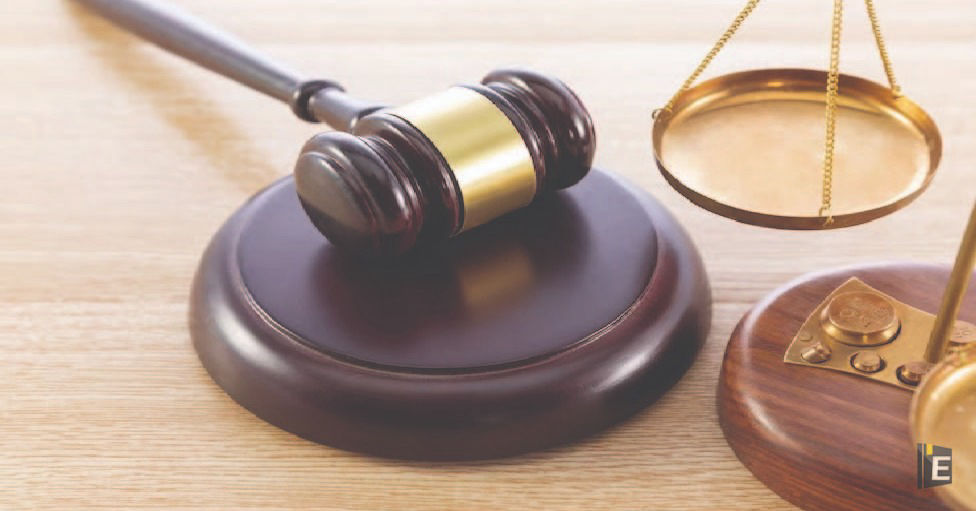Indian Polity GK Quiz with Answers

How are Members of Parliament replaced in case of death and resignation?
(A) Through by-elections
(B) Through general elections
(C) Both
(D) None of the above
Correct Answer : A
Explanation :
The President of India names an individual as the Prime Minister who is either the head of the gathering which holds a majority share of seats in the Lok Sabha or is an individual who can win the certainty of the Lok Sabha by picking up the help of other ideological groups. Any remaining ministers are named by the President on the counsel of the Prime Minister.
In which of the following the presidential (presidential) government is formed?
(A) Fixed term of office
(B) No duplication of the executive among the members of the legislature
(C) Election of the President by popular vote
(D) all of the above
Correct Answer : D
Explanation :
The United States, for instance, has a presidential system.
Which provision of the Constitution empowers the Central Government to provide reservations for the weaker section of society in jobs and educational institutions?
(A) Article 14
(B) Article 16
(C) Article 46
(D) Article 19
Correct Answer : B
Explanation :
The Constitution was amended by the Constitution (77th Amendment) Act, 1995 and a new clause (4A) was inserted in Article 16 to enable the government to provide reservation in promotion.
According to the Directive Principles of State Policy, up to what age children are expected to be given free and compulsory education?
(A) 14 years
(B) 15 years
(C) 16 years
(D) 18 years
Correct Answer : A
Explanation :
The State shall endeavour to provide, within a period of ten years from the commencement of this Constitution, for free and compulsory education for all children until they complete the age of fourteen years.
Which of the following High Court has become the first High Court in the country to set up Justice Clock?
(A) Gujarat High Court
(B) Delhi High Court
(C) Rajasthan High Court
(D) Allahabad High Court
Correct Answer : A
Explanation :
The first high court of India was established in Kolkata. It was formerly called the High Court of Judicature at Fort William. It was issued under the Indian High Courts Act 1861. It was formally opened on 1 July 1862. Sir Barnes Peacock as its first Chief Justice of the Calcutta High Court. Justice Sumboo Nath Pandit was the first Indian to assume office as a Judge of the Calcutta High Court.
Who was the first president of the Indian National Congress?
(A) WC Banerjee
(B) Motilal Nehru
(C) Ballabhbhai Patel C
(D) None of these
Correct Answer : A
Explanation :
1. The first President of the Indian National Congress was Vyomesh Chandra Banerjee. He was a Bengali lawyer and social worker.
2. He presided over the first session of the Congress held in Bombay in 1885.
3. Vyomesh Chandra Banerjee was born in Calcutta in 1844. He obtained a law degree from Calcutta University and worked as a lawyer.
The Act enabled the Governor General to associate representatives of the Indian People with the work of legislation by nominating them to his expanded council ?
(A) Government of India Act, 1858
(B) Government Act of India Act, 1861
(C) Government of India Act, 1892
(D) Government of India Act, 1915
Correct Answer : B
Explanation :
The Government of India Act, 1861 was an act of the Parliament of the United Kingdom which consolidated the earlier acts relating to British India into a single Act.
The parliamentary committee to review the report of the Comptroller and Auditor General of India is?
(A) Assessment Committee
(B) Public Accounts Committee
(C) Select Committee
(D) None of these
Correct Answer : B
Explanation :
The function of the Public Accounts Committee is to examine the annual audit reports of the Comptroller and Auditor General of India (CAG), which are laid before the Parliament by the President.
Under which of the following pardoning power of the President, the nature of punishment is mitigated?
(A) commutation
(B) avoidance
(C) postponement
(D) procrastination
Correct Answer : A
Explanation :
Article 72 of the Constitution empowers the President to grant pardons to persons who have been tried and convicted of any offense.
Is it necessary to place the proclamation of National Emergency before the Parliament for its approval?
(A) within a month
(B) within six months
(C) within a year
(D) within two months
Correct Answer : A
Explanation :
A state of emergency refers to a period of governance that can be proclaimed by the President of India during certain situations. National Emergency can be declared on the basis of war, external aggression or armed rebellion. The constitution employs the expression 'proclamation of emergency' to denote an emergency of this type. A proclamation of emergency must be placed before the Parliament for its approval within one month. It must be approved by both the houses of parliament. Article 352 of the constitution deals with National Emergencies.



